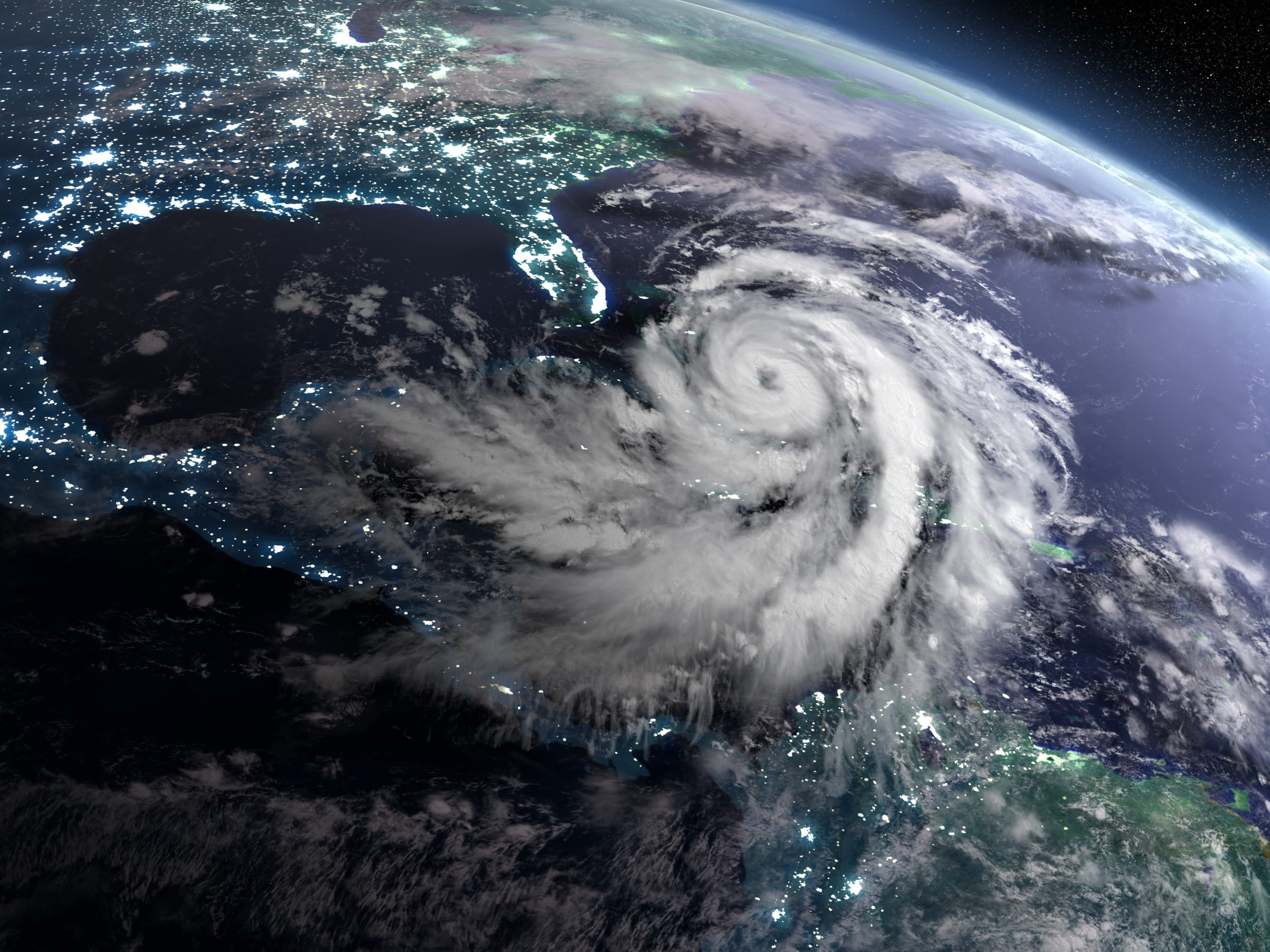
"Traditional models are designed on first physical principles, like conservation of mass, momentum and energy," he said. "Aurora, on the other hand, is not directly using those physical principles, but instead it relies on observations and data."
"Aurora learns from a very diverse set of geophysical data, including forecasts, observations, and what we call analysis and re-analysis data, which is basically a reconstruction of historical weather patterns we have access to."
"Such an accelerated timeline is only possible because of the wealth of data that is available as a result of decades of research into traditional numerical approaches."
"Aurora was pretrained on more than one million hours of diverse geophysical data and fine-tuned over four to eight weeks by small engineering teams, compared with a typical development period of several years for dynamical baseline models."
Researchers have introduced Aurora, a machine learning model that excels in predicting tropical cyclone tracks, outperforming conventional physics-based models in both speed and cost. Developed by a collaboration between Microsoft, the University of Pennsylvania, and other institutions, Aurora processes vast geophysical datasets, thus reducing the reliance on traditional physics principles. Co-lead author Paris Perdikaris highlights that Aurora's effectiveness stems from its training on historical data, which allows it to learn complex physical processes intuitively. The model was efficiently pretrained and fine-tuned, showcasing rapid development in contrast to lengthy traditional methods.
Read at Theregister
Unable to calculate read time
Collection
[
|
...
]